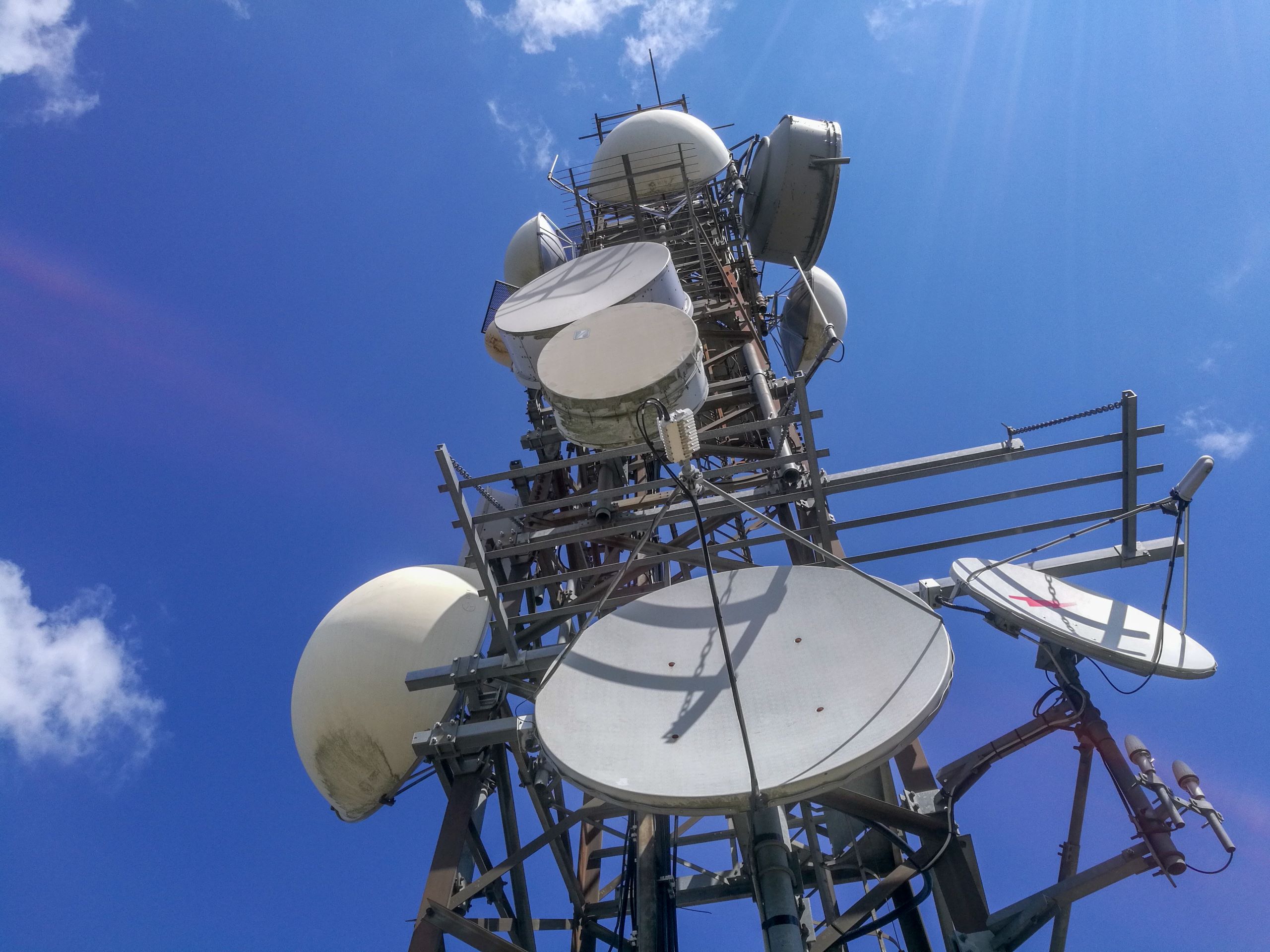The mainstream adoption of the Internet of Things (IoT) in Africa with transformational impacts on industry and households will take place in Africa in the next 3-5 years, a new report says. The Report, entitled The African IoT 2017 says “it might be early days, but an IoT ecosystem is emerging across the region that has high hopes of solving problems for African businesses.”
Internet of Things is a new concept that has recently emerged in the tech world to mean the next level of internet use, which brings bigger and wider connectivity of internet to work and home devices, and the benefits of artificial intelligence that such technology brings into business and generally the contemporary way of life.
IoT, hitherto a futuristic concept, is fast becoming a reality, and expected to bring about tectonic transformation in the way humans live and do business, within the current generation.
The idea of smart homes- a phenomenon of an internet connected home is one example of the IoT. The concept of a smart home refers to an internet-function based home, that runs using internet technology. Some features of such a smart home include; an intelligent face recognition home access system on home gates and all entrances. It also includes an automatic home lighting management system that switches on and off of lights when the system senses there is no human in the room; auto-intelligent choices of entrainment such as TV programming (based on the home owners characteristics, preferences, interest, hobbies, etc), water and house heating system.
On the industry side of things, IoT also means similar connectivity, automation and intelligent to industry and business. In an industrial setting IoT of things might mean process internet based automation, HR assessment and selection, accounting, intelligent operation of equipment, robotics, etc, all of which will bring high levels of efficiency to manufacturing and business.
The report published by Mauritius headquartered Liquid Telecom says, “When the internet was first invented over 25 years ago, no one could have predicted that it would have such enormous social, economic and technological significance, attracting over 3.5 billion users globally. Certainly, nobody envisioned it ever being used to connect toasters, egg trays and toothbrushes. The IoT is the next logical next step for an increasingly connected Africa.”
Liquid Telecom is owned by London based Zimbabwean entrepreneur and entrepreneurship “evangelist,” Strive Masiyiwa. The Telco mainly specialised on provision of internet services has footprints in several African countries including Uganda, Kenya, Tanzania, Rwanda, Zambia, Botswana, Lesotho, Zimbabwe, South Africa, among others.
The report says that industry and technology are leading the entry of the IoT into the continent. It gives examples where already IoT is currently deployed, albeit is still small and isolated cases. In East Africa, Nairobi’s intelligent traffic light system and Tanzania’s internet based unmanned aerial vehicles (UAVs) for wildlife management, are some of the examples. South Africa’s power distribution system is the other example it cites as instances of IoT on the continent.
The report, however, argues that IoT is not just a technology, but an ecosystem of devices based on internet technology which is about embedding connectivity, intelligence and automation into devices which is expected to enable business to connect with large volumes of data to bring about efficiency, re-invention of business models and transformation of customer experience.
Globally, 8.4 billion devices were connected to the internet by 2016. This is expected to nearly quadruple in the next 3 years to 20.4 billion devices by 2020. In Europe and the US connectivity is expected to be driven by construction and industry (manufacturing). In Africa, IoT connectivity is expected to be driven by sectors like agriculture (improving agricultural output), healthcare (medicine), transportation (traffic management), energy and natural resources managements. South Africa is however noted to have started a transition to machine-to-machine IoT.
In terms of market growth, it expected that the total value of IoT will grow in Africa from the current US$ 837 million to US$1.8 billion by 2020.
The report however warns that the continent faces some challenges towards fast adoption; these include the high capital investment required to deploy IoT and lack of adequate infrastructure for the IoT generation of internet (5G) which is currently lacking on the continent.
If this report is anything to go by, it means that the previously too futuristic concept of smart cars, smart homes, smart factories, smart farms, etc are all within reach in pretty much the current life time.










